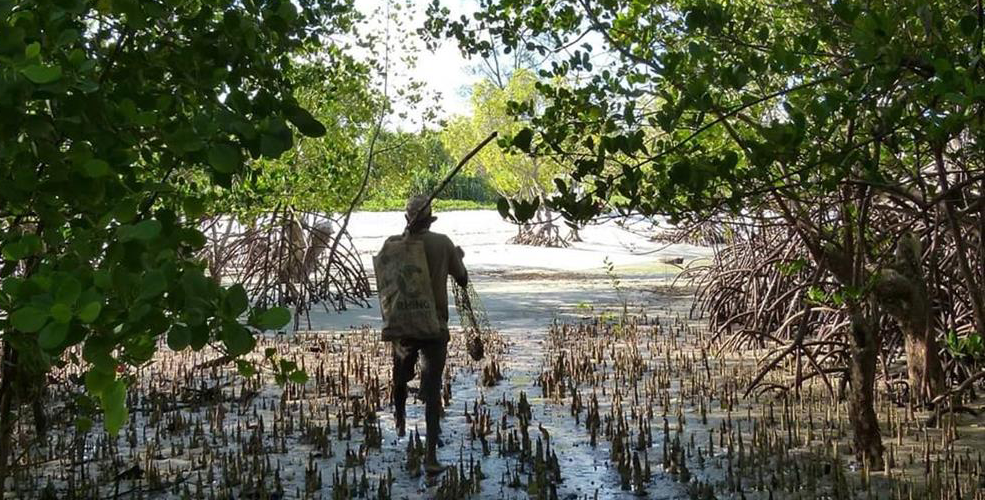
Freshwater has a crucial role in ensuring that nations are compliant and reach the aim of the Paris Agreement, from both an adaptation and mitigation perspective. Although, water is not explicitly mentioned in the Paris Agreement, closer analysis reveals the deep extent to which the Agreement is dependent on adequate water resources and vice versa.
This session gives a sneak peek at an upcoming report exploring the links between freshwater and climate change mitigation. Mitigation strategies in the context of water can be broadly classified as nature-based or technology driven. In nature-based mitigation, ecosystems act as carbon sinks, absorbing GHG emissions while maintaining or enhancing biodiversity. Tech-driven solutions involve for example wastewater management and treatment, and circular systems of reusing and recycling water. Compared to tech-driven solutions to climate challenges, nature-based strategies are often lower cost, and have multiple synergistic benefits for a variety of sectors and political goals. Meanwhile, technical measures can protect, enhance and enable nature-based mitigation measures.
Building on the findings in the report, in a fireside chat, water-related climate mitigation solutions and challenges will be discussed with leading experts from the private sector, the energy sector and the agricultural sector.
Find out more and register for this virtual session.
Photo: Malin Gustafsson, Stockholm International Water Institute